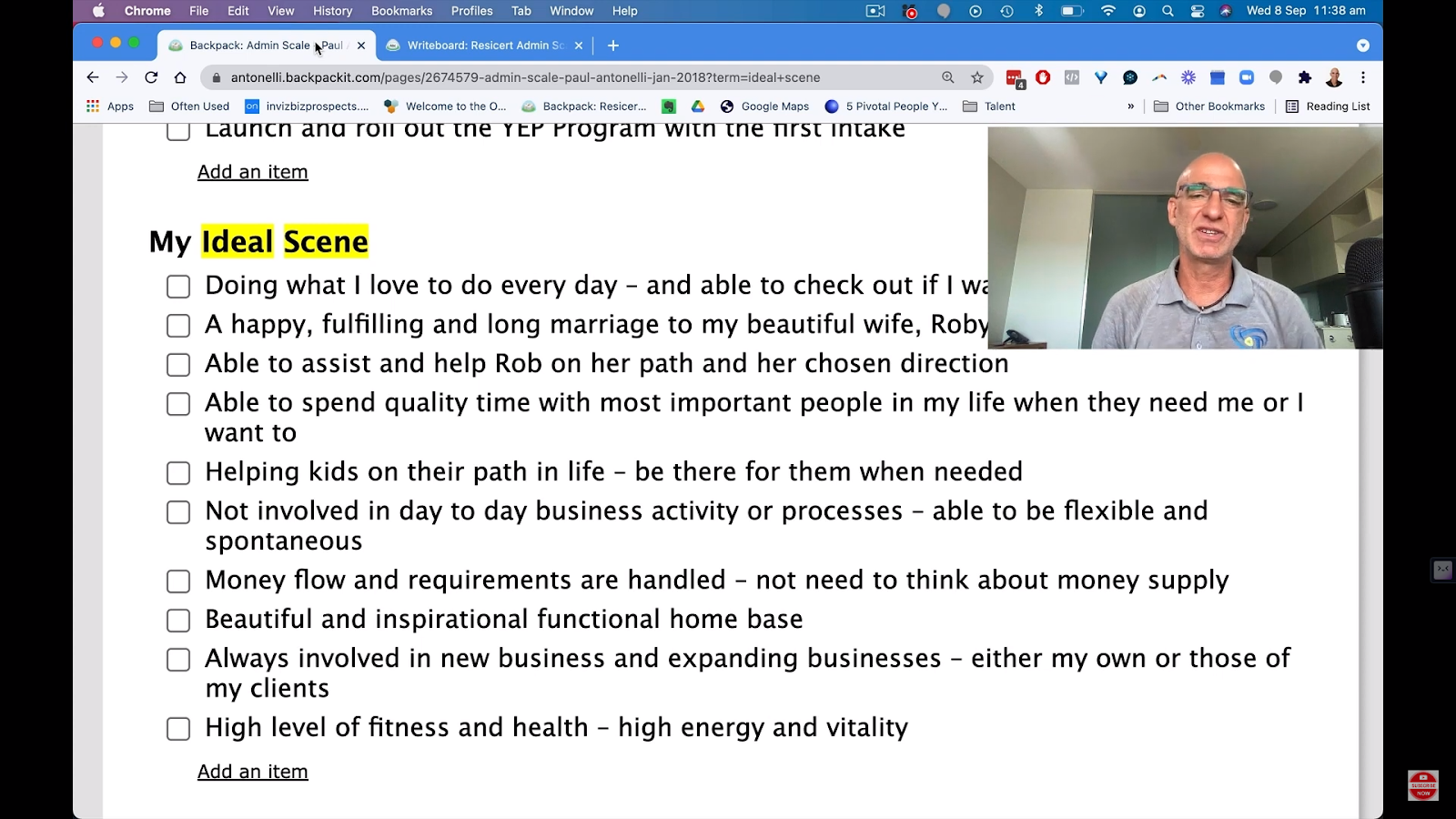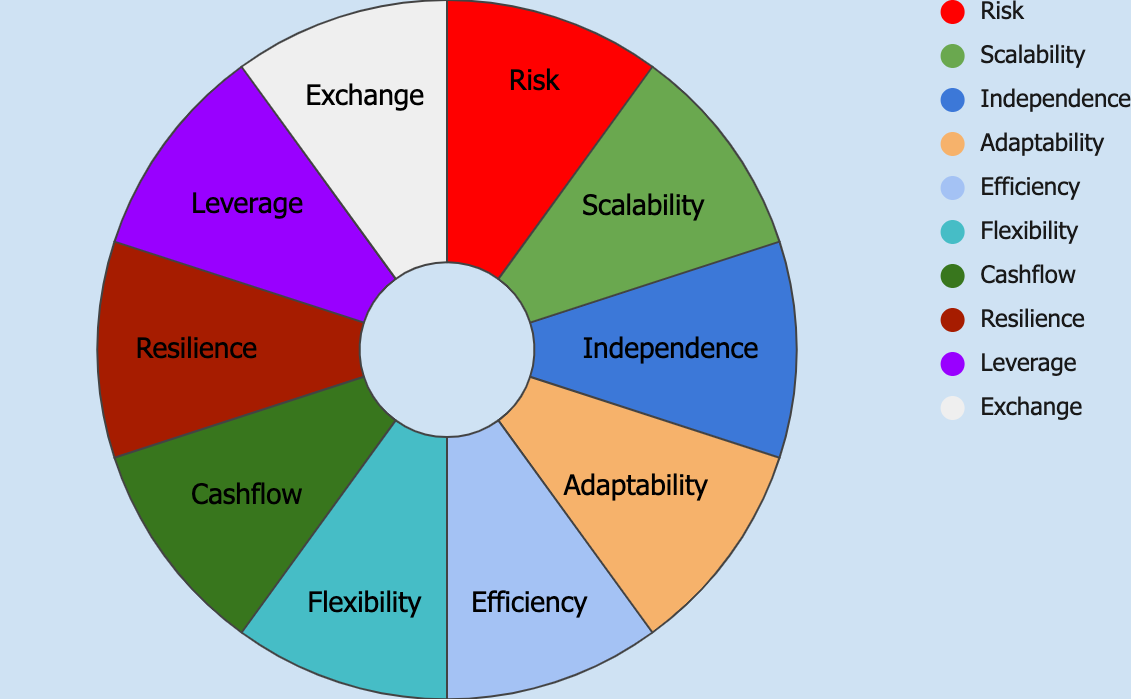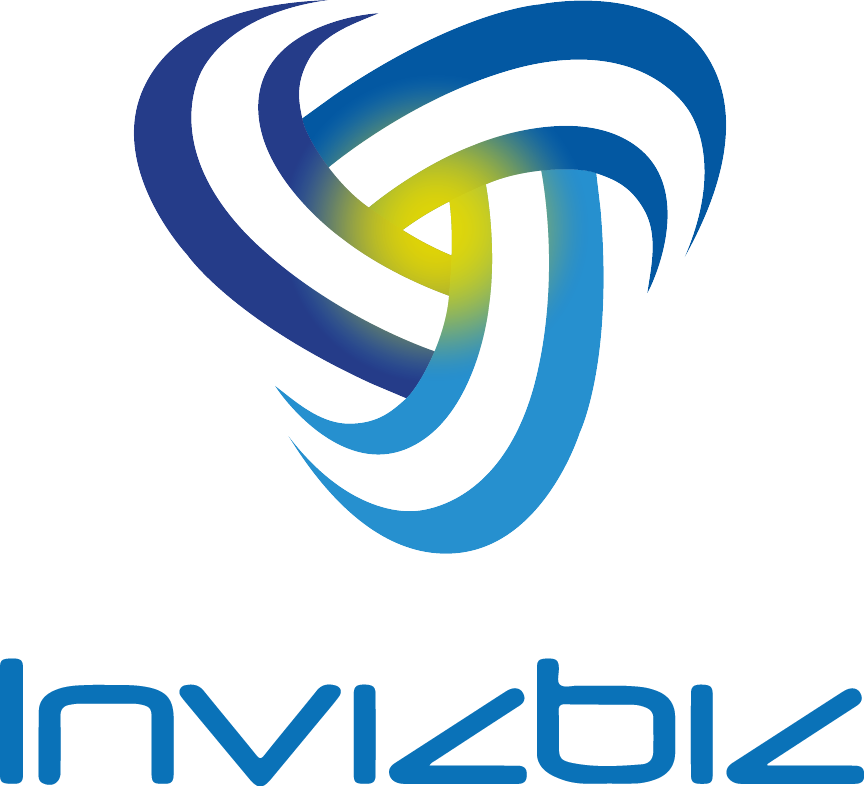Imagine building a dream house without a blueprint.
 You may end up having a roof on your head, but will it be the home you envisioned?
You may end up having a roof on your head, but will it be the home you envisioned?
The same principle applies to entrepreneurship. For years, I hustled in the business world, mistakenly believing that sheer determination would inevitably lead to success. What I overlooked was the need for a personal blueprint—a detailed vision of the life I wanted to live.
You see, hard work is just one piece of the puzzle. It wasn’t until I sketched out my “ideal personal scene” that my business pursuits began to click. I visualized a life that wasn’t just about profit margins or shareholder value; it was about family dinners, weekend getaways, diving into my hobbies, and contributing meaningfully to causes close to my heart.
Having this vision for my personal life acted like a compass. It guided me through the decisions and compromises that come with running a business. It prompted me to pursue a venture that not only had potential for success but also blended seamlessly with my ideal lifestyle. I was then able to create systems that would let me “work smart.” Systems that allowed me to truly live, not just exist.
The outcome? A flourishing business that isn’t a ball and chain — but a gateway to a fuller, more enriching life. The foundation of a fulfilling business is, surprisingly, a well-thought-out personal life.
So, if you’ve been neglecting your personal goals while chasing business success, hit pause, recalibrate and read on.
Why I Started Looking for an Ideal Scene
I’ve been in business for almost three decades and have even faced bankruptcy. The traditional “A + B = C” business model just doesn’t work. When I started my recent business, Resicert, over a decade ago, I was committed to not repeating the same mistakes. I wanted the business to work for me, my wife, my family, and my personal life, while also being successful in its own right.
This commitment drove me to spend time clearly defining the kind of business I wanted to create. Ypu see, I wanted to travel a lot. In the same way, I want to identify kind of business I DON’T want to create. I didn’t want to end up with a successful business that wasn’t personally fulfilling. To avoid this, I spent time crafting what I call the “ideal scene.”
The Importance of Having an Ideal Scene for your Business

An ideal scene is a clear vision of what you want your business to achieve. It should be specific, measurable, achievable, relevant, and time-bound. Having an ideal scene will help you stay focused and motivated, and it will also help you make better decisions about your business.
The ultimate purpose of starting and growing a business is to move from your current situation to this ideal scene. In this process, there are only two situations: the current scene and the ideal scene. Just like planning a road trip, you need to understand your destination. You have to document and map out your ideal scene.
If you skip this step, you risk ending up with a business that might be profitable but doesn’t truly serve you. One of the main reasons for starting a business should be to support your personal goals and desired lifestyle. To accomplish this, you need to create a personal “ideal scene,” which will serve as the baseline for your business’s ideal scene.
Once you’ve mapped out your personal ideal scene, you can then construct your business ideal scene. This is crucial because to build a business that works for you, you first need to define what “works for you” actually means.
So, before diving into specifics, let’s look at the steps for creating an ideal scene, applicable both to your personal life and your business.
How to Create Your Personal Ideal Scene

To create your personal ideal scene, start by thinking about what is important to you in life. What are your values? What are your goals? What do you want to achieve? Once you have a good understanding of your personal ideal scene, you can start to think about how your business can help you achieve it.
There are three main steps.
The first is to examine your current situation, identifying elements you consider ideal and would like to keep. Perhaps it’s a good exercise routine or a healthy family life; these are things you’ll want to retain.
The second step involves identifying the aspects of your current situation that are not ideal. You’ll need to decide what changes would make them ideal or whether they should be eliminated altogether.
Lastly, the third step, and often the hardest, is to identify what is missing from your current situation that would exist in your ideal scene. This could be anything from wanting children to learning a new language. This step often leads to significant transformation because it encourages you to think about unfulfilled dreams or goals that haven’t made it into your current situation yet.
Identifying what’s missing can be difficult, but it often makes the biggest difference in moving towards your ideal scene.
Tips in Creating Your Ideal Personal Scene

To assist you in this process, here are some tips. First, use specific, numbered points when writing your ideal scene. Then, write each point in the past tense, as if it has already happened. This helps in better visualizing and achieving your ideal scene.
Instead of saying, “I want to have time available to exercise three times a week and maintain a good level of fitness,” phrase it as, “I’m able to exercise three times a week and have maintained a high level of fitness and vitality.”
This is crucial because you’re programming your brain to believe it has already happened. This technique is a key part of visioning processes. Write your goals in a way that suggests they have already occurred and in the past tense.
These goals also need to be written in such a way that you can confirm with certainty that you’ve achieved them. Statements like “I want to have a happy marriage” or “I want to have an impact on the planet” are good, but they’re too vague. You should be able to tick off your goals and say that you’re mostly there. Always aim for specificity.
Lastly, tick them off your list. You should be able to confirm that you are moving from your current situation to your ideal one. This will help maintain your focus and guide you toward your ideal scene.
Once you’ve outlined your ideal scene, try to envision what a day in that future life would look like. Who are you spending time with? What activities are you engaged in? Visualization is a powerful tool, so make the most of it.
For example, instead of saying, “I have enough time to exercise regularly,” which is too vague, rephrase it to say, “I’m able to exercise at least three mornings a week for a minimum of one hour, enabling me to maintain a high level of fitness and vitality.”
The more specific you are, the more powerful and valuable this process becomes.
Moving From Personal Ideal Scene to Your Business Ideal Scene
I’ve been using this process for over a decade. It helps me ensure that whatever I invest my time in, whether in business or other areas of life, it moves me closer to my ideal scene. Let me share some examples.
For instance, one of my goals was to have a long and fulfilling marriage. My wife Robin and I have been married for 36 years, and another goal is to spend quality time with important people in my life. I also have goals related to my business activities. I’ve made it a point not to be involved in day-to-day operations, as that restricts my flexibility.
My financial goals have been met to the point where I don’t have to worry about money anymore. I also have goals for maintaining a high level of fitness, which enable me to live my life the way I want. Before starting any project, I always check whether it will move me closer to my ideal scene.
What Makes an Ideal Business Scene

An ideal business is one that is profitable, sustainable, and scalable. It is also one that is low-risk, efficient, and flexible. Here are the 10 key performance indicators (KPIs) that make up an ideal business:
Risk
The level of risk that a business is willing to take is a personal decision for the owner. However, it is important to be aware of the risks involved in any business venture and to take steps to mitigate those risks.
Cash Flow
A healthy cash flow is essential for any business. This means having enough money coming in to cover the expenses of the business. There are a number of things that businesses can do to improve their cash flow, such as collecting payments promptly, managing inventory carefully, and negotiating favorable terms with suppliers.
Efficiency
Efficiency is the use of resources in the most productive way possible. This means minimizing waste and maximizing output. There are a number of ways to improve efficiency, such as automating tasks, using technology, and streamlining processes.
Scalability
Scalability is the ability of a business to grow without sacrificing efficiency. This means that the business can add new customers or products without having to increase its costs too much. There are a number of ways to improve scalability, such as using a cloud-based infrastructure and investing in marketing automation.
Independence
Independence is the degree to which the business can operate without the owner’s involvement. This can be achieved by hiring capable employees, automating tasks, and putting systems in place to manage the business.
Adaptability
Adaptability is the ability of a business to change and adapt to new circumstances. This is essential in today’s rapidly changing world. Businesses can improve their adaptability by being open to change, being willing to experiment, and having a strong culture of learning.
Flexibility
Flexibility is the ability of a business to accommodate changes in demand or supply. This is important for businesses that operate in industries that are subject to fluctuations. Businesses can improve their flexibility by having a diverse customer base, using a variety of marketing channels, and having a flexible workforce.
Resilience
Resilience is the ability of a business to withstand shocks and setbacks. This is important for any business, but it is especially important for businesses that operate in volatile industries. Businesses can improve their resilience by having a strong financial foundation, having a diversified portfolio, and having a culture of resilience.
Exchange
Exchange is the value that the business provides to its customers, employees, and partners. This is the ultimate goal of any business. Businesses can improve the value that they provide by focusing on quality, customer service, and innovation.
Leverage
Leverage is the ability of the business to use its resources to achieve greater results. This can be achieved through debt financing, strategic partnerships, and intellectual property.
How Building an Ideal Scene for Life and Business Helped Me:

I started my property inspection business, Resicert, in 2009 and wrote my ideal scene for it in 2011. It aligns with my personal ideal scene and serves as a clear framework for building the business. I was very specific about what I wanted the business to look like. For instance, one of my goals was for it to be paper-free, which we have achieved today.
Fast forward now, and most of these goals have been achieved. It wasn’t by accident; it was due to high clarity over a decade that has kept me focused. This clarity has allowed me to build a business that aligns with my personal ideals rather than someone else’s.
So, this process, over a decade old, has proven incredibly useful in helping me stay focused and achieve what I set out to do.
Final Words:
Your ideal scene should be a living document that you refer to regularly. When you are making decisions about your business, ask yourself: “Will this decision help me move closer to my ideal scene?” If the answer is yes, then make the decision. If the answer is no, then don’t make the decision.
Whether you’re starting a new business or already have one, this approach can provide you with the guidance you need to move towards your ideal business model. If you want to learn more about how to create an ideal scene that helps you thrive in life and business, sign up for my newsletter: https://idealbusiness.invizbiz.com/newsletter

